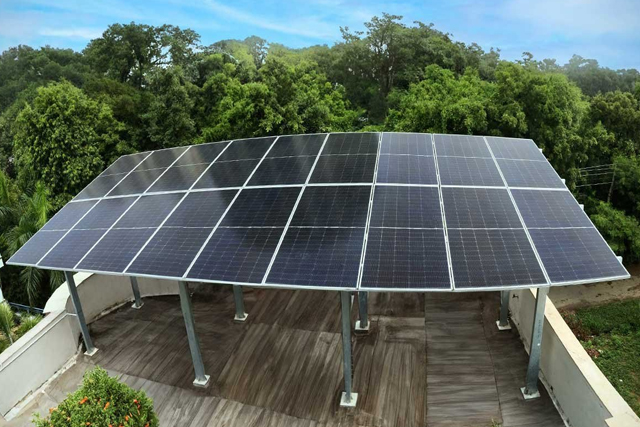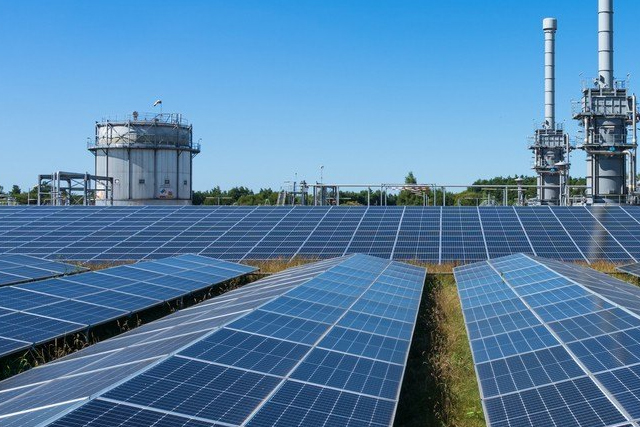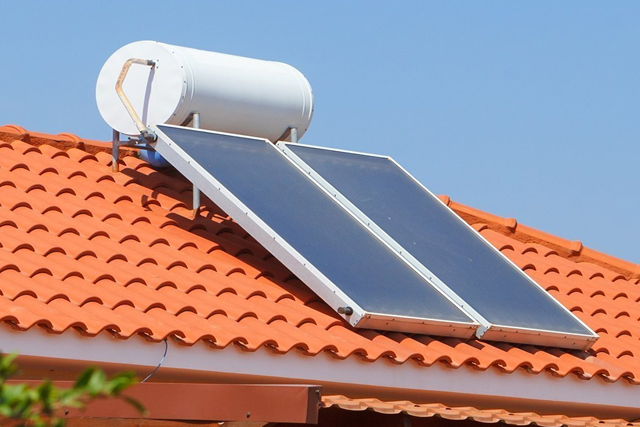With these compelling reasons, it's clear that solar energy is an attractive choice for those looking to reduce their environmental footprint, save on energy bills, and contribute to a sustainable future!
Environmental Benefits

Renewable and Sustainable:
Solar energy is a renewable source of energy, reducing reliance on finite fossil fuels and mitigating climate change.

Zero Emissions:
Solar energy generates electricity without emitting harmful pollutants, contributing to cleaner air and water.

Conserves Water:
Solar energy requires minimal water to operate, unlike traditional power plants, which use significant amounts of water for cooling.